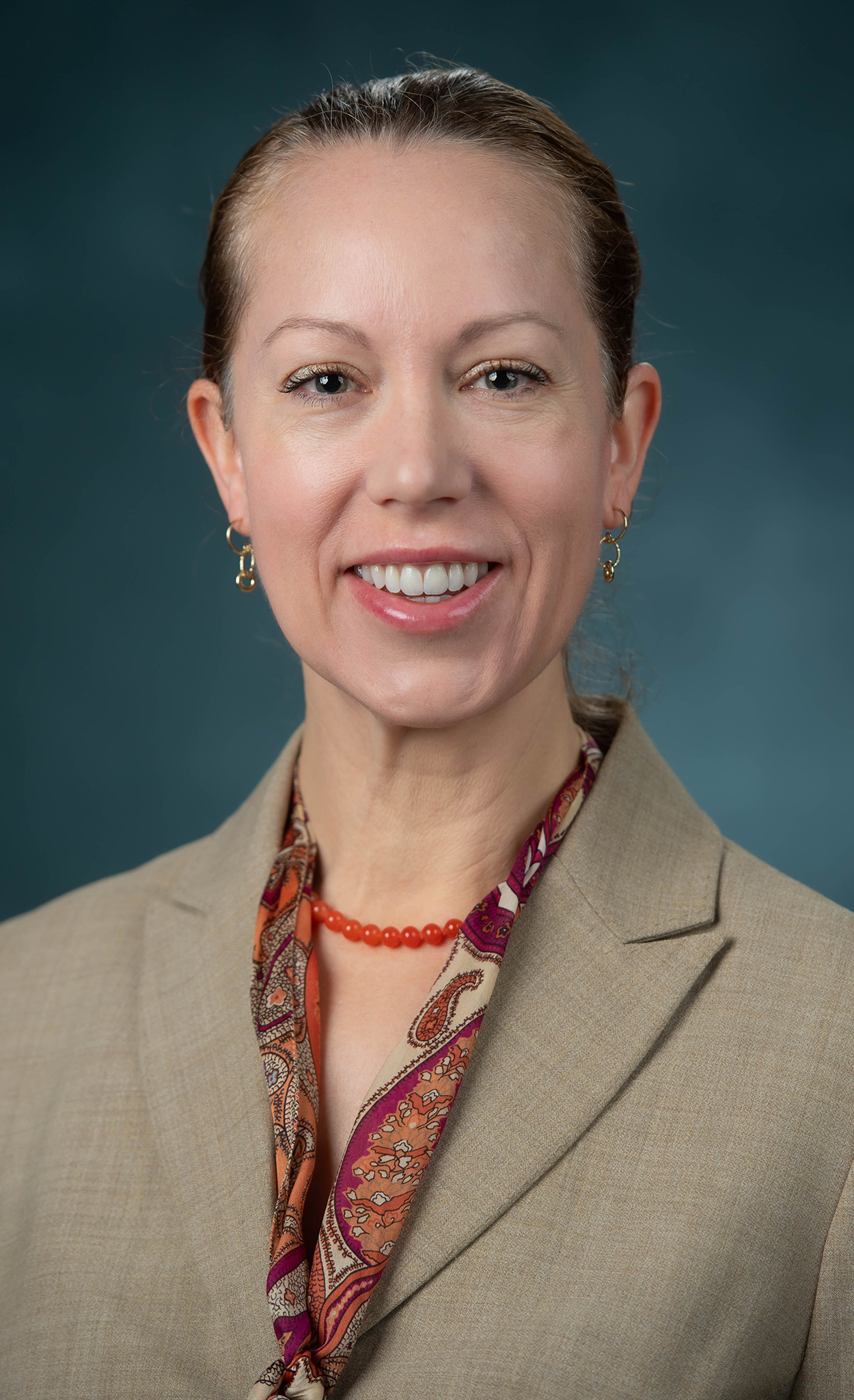Ethics Bowl competitors sharpen research, ethical knowledge, communication skills

Deborah Mower is director of the Center for Practical Ethics, associate professor of philosophy, and Mr and Mrs Alfred Hume Bryant Lectureship in Ethics.
DECEMBER 6, 2022 BY CLARA TURNAGE
A team of five University of Mississippi students recently navigated a series of ethical challenges to capture the Intercollegiate Ethics Bowl Mid-Atlantic Regional Championship. Now they’re setting their sights on the national championship competition, coming up in March 2023.
More than 200 universities and colleges across the nation competed in 12 regional championships as part of the Association for Practical and Professional Ethics tournaments. The process culminates in the APPE Intercollegiate Ethics Bowl National competition, set for March 4-5 in Portland, Oregon, where the UM team will be among 36 competitors.
Created in 2016, the UM Ethics Bowl team has won the Mid-Atlantic Regional Championship once before, in 2019. The group prepared for months leading up to this year’s regional event, held on the Gainesville campus of the University of North Georgia, said faculty sponsor Deborah Mower, director of the Center for Practical Ethics.
“It’s an incredible amount of work,” she said. “The dedication that these students show is unbelievable.”
Ethics Bowl competitors research 15 complex political and ethical issues and present solutions to the opposing team and judges before answering questions and counterpoints from either group, Mower said. The research generally produces 15-20 pages per topic of student-led work, she said.
For the national competition, the APPE will provide 17 topics for research.
In the competition, judges ask questions or give prompts that change the nature of the ethical issue, making students think quickly to adjust their solutions, Mower said.
UM students who participate are either taking or have taken Philosophy 204, the partner class to the Ethics Bowl team. Mower spearheaded the effort to make the Ethics Bowl part of a class, saying that students deserved recognition for the effort they put into this research.
The skills that students learn in Philosophy 204 – and on the Ethics Bowl team – prepare them to collaborate and think independently and empathetically about complex issues, she said. Students learn to identify morally relevant features of cases and apply ethical principles to a wide range of contexts.
“One of the most important things that a student can learn is the art of civil discourse,” Mower said. “When people think of debate, they think of ‘yes or no’ responses to a question. That assumption is feeding the polarization in our politics today. We don’t have to have opposing positions. Complex political and ethical issues aren’t simplistic and binary.
“What we’re teaching these students goes beyond the art of civil discourse and collaboration. It’s also being able to explain and communicate ethical issues in a way that helps others to understand.”
Robert English, coach of the UM Ethics Bowl team and instructor of philosophy, is leading the team to success in only his first year of coaching, Mower said. Graduate student Jacob Ratliff, who was a competitor on the team during his undergraduate years, serves as assistant coach.
“It’s amazing to see the great things they’re doing with this team of very talented students,” Mower said. “We haven’t won a national championship yet, but there’s a first time for everything, and we’re hopeful.”